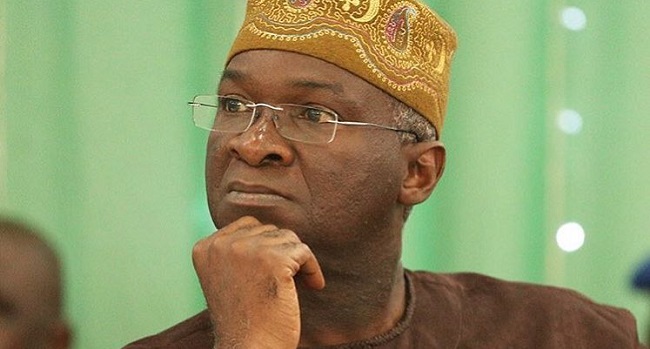Business
Nigerian govt declares Discos as failures, five years after privatisation

The Nigerian Government has said distribution companies in the country have failed to meet the performance agreements signed by them during the privatisation of the power sector in the country five years ago.
The verdict was declared by the Nigerian Electricity Regulatory Commission, Niger Delta Power Holding Company and Bureau of Public Enterprises, insisting that power distributors had defaulted on several agreements since they took over the power assets on November 1, 2013.
The Managing Director, NDPHC, Chiedu Ugbo, while speaking at the Nextier Power Dialogue in Abuja, said that while power generation had recorded a huge success since the sector was privatised, distribution had not been impressive.
He said:“On average you can say generation is a huge success. However, because Nigerians don’t have electricity the way they intended if you use generation and distribution, they say it is below expectation. But with generation standing alone, is in my view, a success.
“For the distribution companies, they have performance targets in terms of the ATC&C (Average Technical, Commercial and Collection) loss reduction, in the number of connections they have to do, number of metering they ought to do and some others within this five-year period.”
Continuing, the NDPHC boss said: “Now have they reduced their technical, commercial and collection losses? We all know the answer, because I’ve been doing distribution expansion and rehabilitation work since I took over at the NDPHC but that is what they are supposed to do.
“However, we’ve spent all of our resources doing that for distribution companies which is through government intervention. So I don’t think they’ve met that. Have they done the metering? I think they were supposed to meter about 1.7 million customers, have they done that? These are facts and figures.
“Also, have they done the required expansion work for distribution across the country? Why haven’t they done these things? What does the agreement say? I know they often talk about a cost reflective tariff, but it is not just a figure you pick in the air. There are a number of factors inbuilt in it.”
Join the conversation
Support Ripples Nigeria, hold up solutions journalism
Balanced, fearless journalism driven by data comes at huge financial costs.
As a media platform, we hold leadership accountable and will not trade the right to press freedom and free speech for a piece of cake.
If you like what we do, and are ready to uphold solutions journalism, kindly donate to the Ripples Nigeria cause.
Your support would help to ensure that citizens and institutions continue to have free access to credible and reliable information for societal development.
























